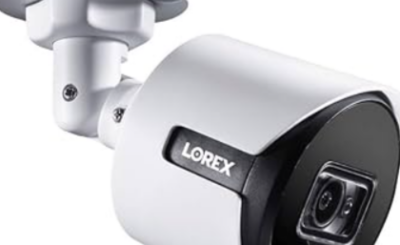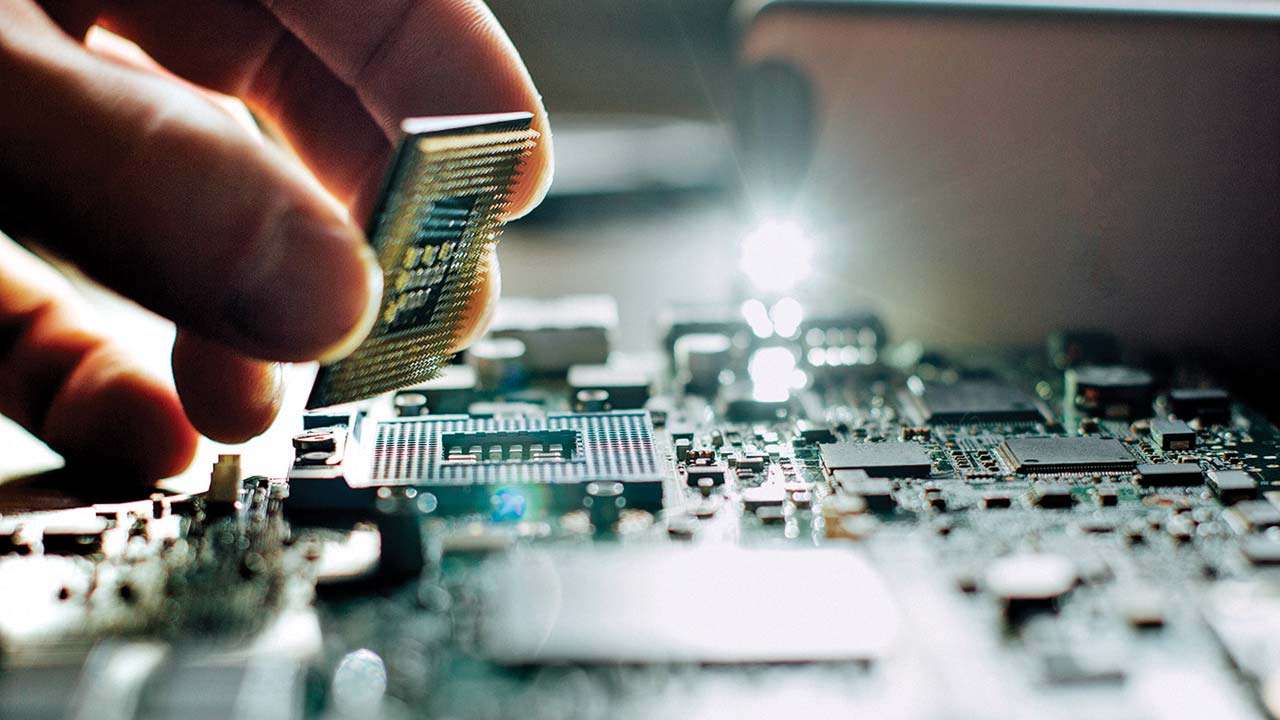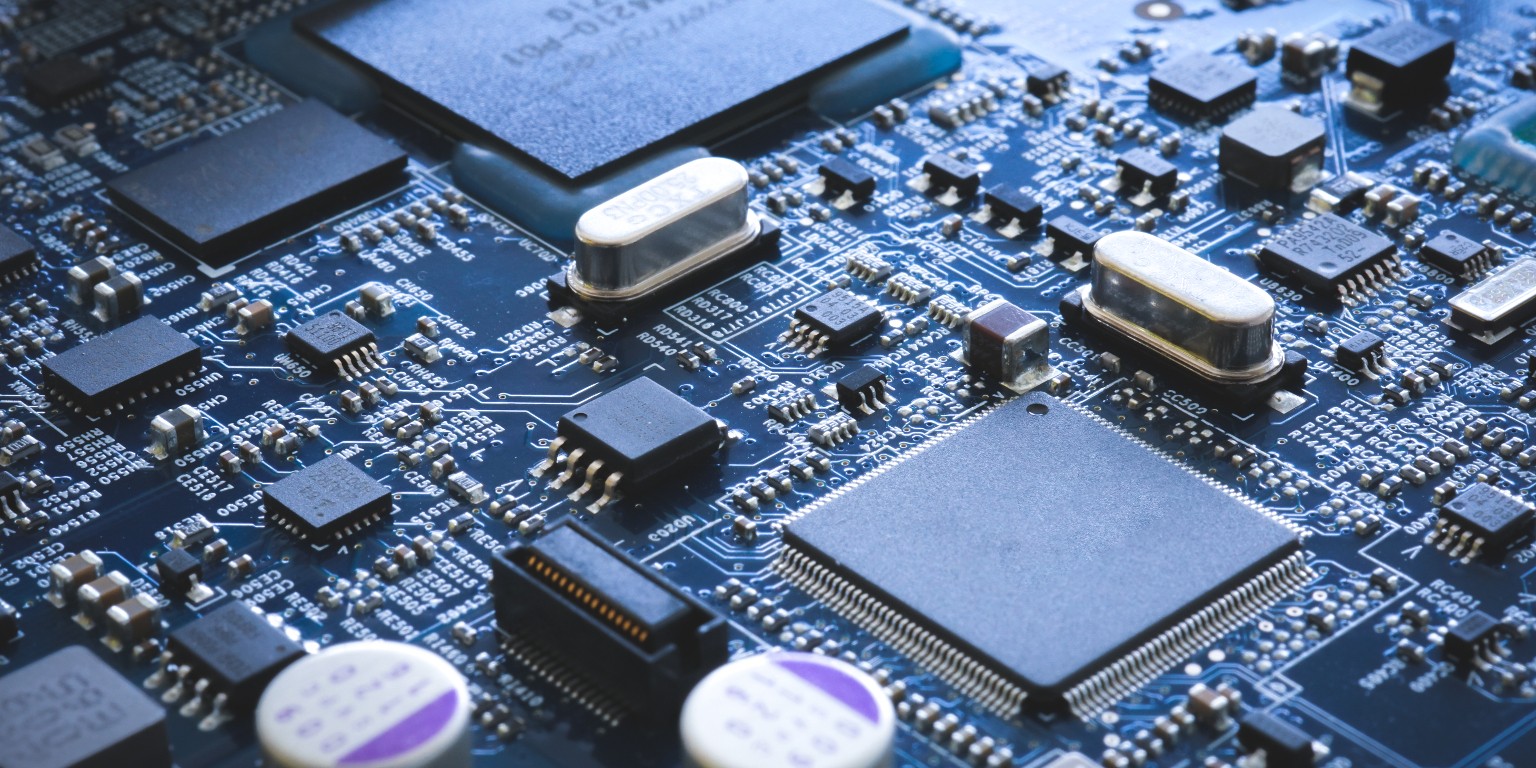In the fast-paced world of technology, staying ahead of the curve is crucial for optimal performance and productivity. One area that often goes overlooked is Direct Memory Access (DMA) hardware. Upgrading your dma hardware can provide significant benefits, enhancing overall system efficiency and reliability. In this blog post, we’ll explore the advantages of investing in upgraded DMA components, offering insights into how they can transform your technological experience.
What is DMA Hardware and Why It Matters?
DMA hardware serves as a critical component in computing systems, allowing peripherals to communicate directly with memory without burdening the central processing unit (CPU). This functionality not only improves data transfer speeds but also frees the CPU to handle other essential tasks, leading to more efficient system operations. By understanding the role of DMA, you can appreciate its importance in maintaining seamless data flow and overall system performance.
Boosting Performance with Enhanced Data Transfer
One of the most compelling reasons to upgrade your DMA hardware is the boost in data transfer rates. Modern applications and software demand higher bandwidth, and outdated DMA components may struggle to keep up. Upgraded DMA hardware can significantly improve data throughput, ensuring smooth and rapid communication between devices. This enhancement is particularly beneficial for data-intensive tasks such as video editing, gaming, or managing large databases, where swift data handling is paramount.
Reducing CPU Load for Optimal Efficiency
When peripherals can access memory directly, the CPU’s workload is considerably reduced. This reduction in CPU load results in a more efficient system, as the processor can focus on executing critical operations without being bogged down by routine data transfers. The outcome is a noticeable improvement in multitasking capabilities, allowing users to run multiple applications simultaneously without experiencing a decline in performance.
Enhancing System Stability and Reliability
Upgrading your DMA hardware doesn’t just improve speed and efficiency; it also contributes to overall system stability. Modern DMA components are designed with advanced error-checking mechanisms, reducing the likelihood of data corruption or system crashes. This reliability is crucial for businesses and individuals who rely on their systems for mission-critical operations, where downtime or data loss could have significant repercussions.
Future-Proofing Your Technology Investment
Investing in upgraded DMA hardware is a strategic move toward future-proofing your technology setup. As software continues to evolve, the demand for more robust and efficient hardware will only increase. By upgrading now, you ensure your system remains compatible with the latest technological advancements, extending the lifespan of your devices and maximizing your return on investment.
In conclusion, upgrading your DMA hardware offers a multitude of benefits, from enhanced performance and efficiency to improved stability and future readiness. Whether you’re a business professional seeking to optimize your workflow or a tech enthusiast eager to stay at the forefront of innovation, investing in better DMA components is a decision that can yield substantial rewards. Consider exploring your options today to unlock the full potential of your computing system.










